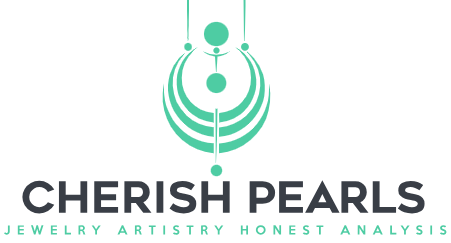Why I Chose the Perfect iPhone SX Max Case: My Personal Experience and Expert Insights
As a proud owner of the iPhone Sx Max, I can attest to the sheer joy that comes with wielding such a powerful device. However, with great technology comes the responsibility of keeping it safe. That’s where the perfect case comes into play. With countless options flooding the market, finding the right iPhone Sx Max…
